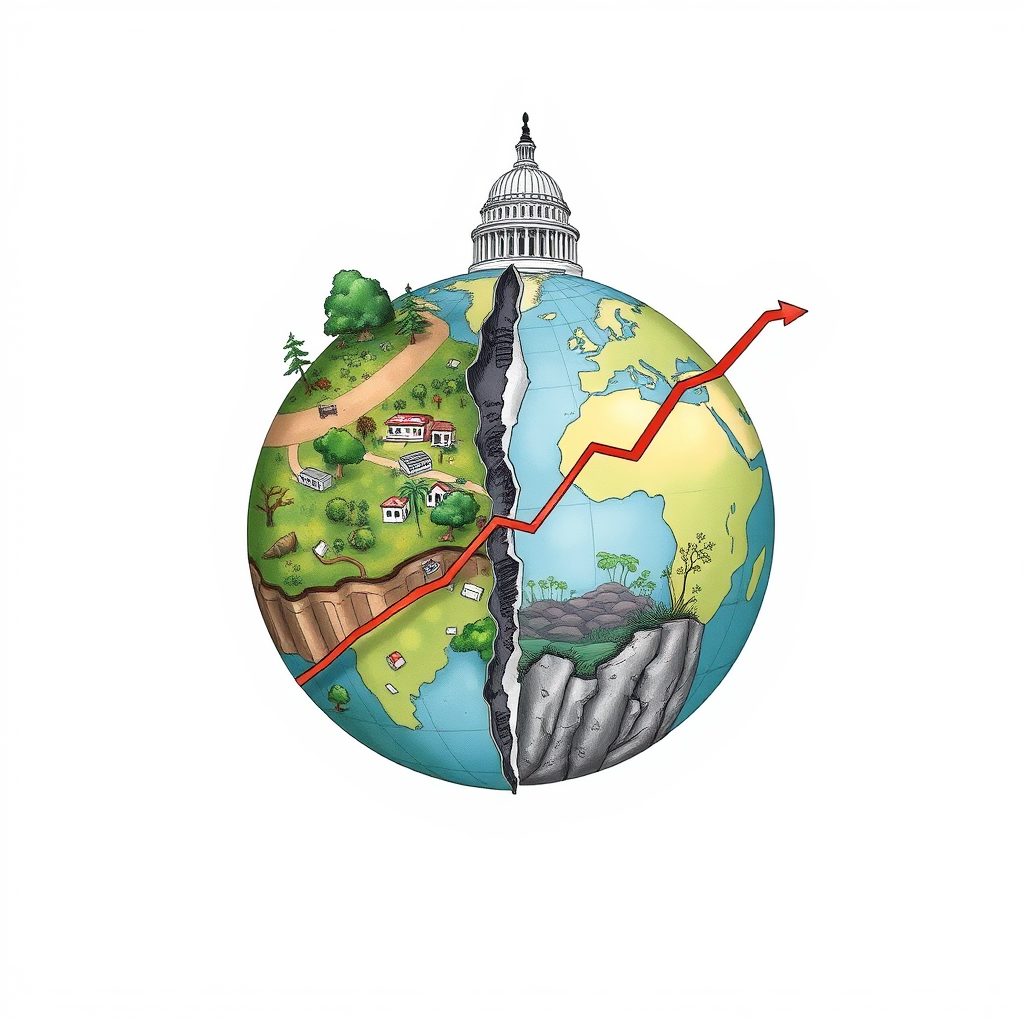Trump's First 100 Days: Health Policy Shifts

The initial months of the Trump administration saw significant shifts in health policy, marked by departmental restructuring and substantial budget cuts impacting areas crucial to both domestic and global well-being. The Department of Government Efficiency spearheaded the closure of agencies and reductions in funding for foreign aid, scientific research, and food safety initiatives, raising concerns about potential repercussions for public health. This aggressive approach to streamlining government raises a critical question: at what cost are these efficiencies being achieved?
The cuts to foreign aid, in particular, could destabilize health systems in developing nations, potentially leading to increased disease outbreaks and humanitarian crises – issues that inevitably have ripple effects internationally. Simultaneously, reductions in scientific research funding threaten long-term innovation and preparedness for future health challenges. While fiscal responsibility is important, diminishing investment in preventative measures and research feels shortsighted, potentially creating larger, more costly problems down the line.
NPR’s Gabrielle Emmanuel, a global health correspondent, and health policy reporter Selena Simmons-Duffin are examining these changes and their potential impact. Their reporting builds upon earlier analysis conducted after the administration’s first 50 days, offering a comprehensive look at the evolving landscape of health and science policy.
Listeners interested in a deeper understanding of how these policy shifts affect scientific research are encouraged to contact Short Wave at [email protected]. Support for sponsor-free listening and further NPR reporting is available through Short Wave+ at plus.npr.org/shortwave. (Image credit: Nam Y. Huh)